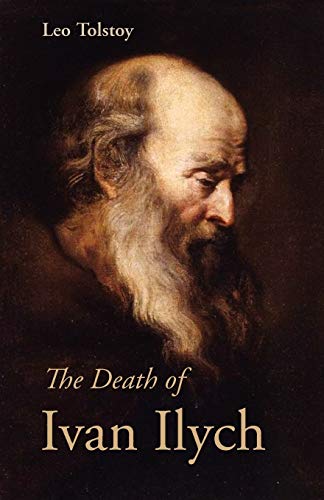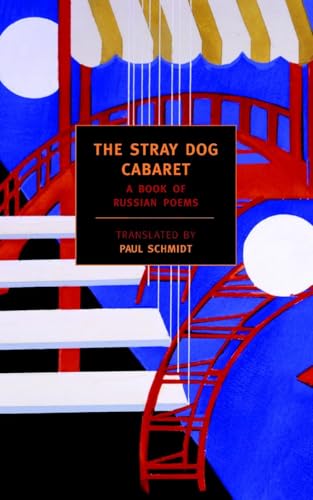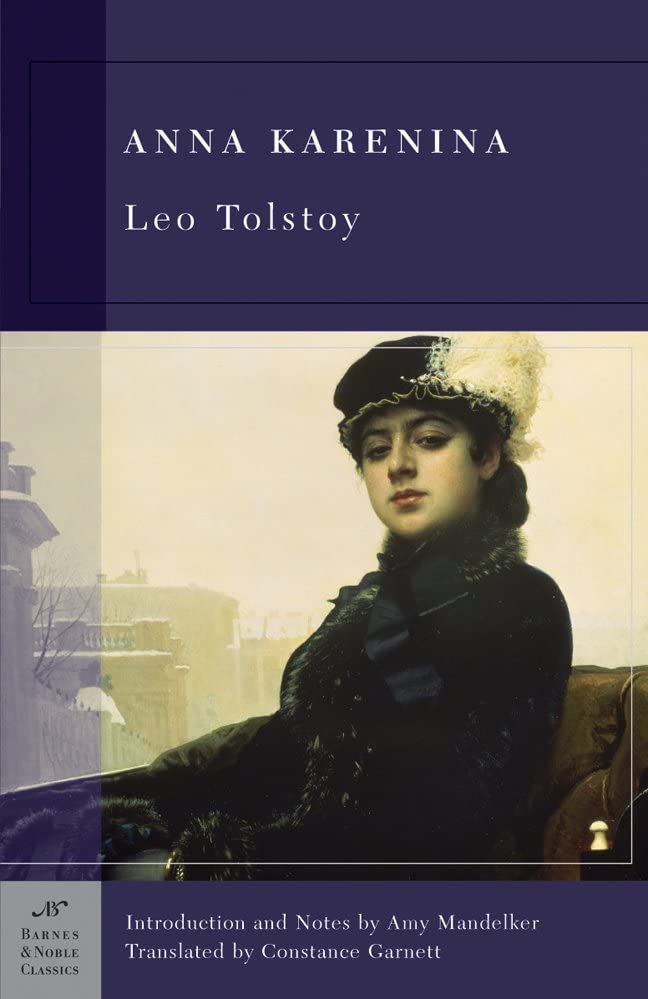Summer of Russian Novels
Discover the best Russian novels to dive into this summer! Explore classic and contemporary Russian literature perfect for warm-weather reading. Find your next great book now.

Book
The Master and Margarita
by Mikhail Bulgakov
Originally published: Dana Point, Calif.: Ardis, 1995.


Book
Notes from Underground
by Fyodor Dostoevsky
Award-winning translators Richard Pevear and Larissa Volokhonsky give us a brilliantly faithful rendition of this classic novel, in all its tragedy and tormented comedy. In this second edition, they have updated their translation in honor of the 200th anniversary of Dostoevsky’s birth. One of the most remarkable characters in literature, the unnamed narrator of Dostoevsky's most revolutionary novel is a former official who has defiantly withdrawn into an underground existence. In full retreat from society, he scrawls a passionate, obsessive, self-contradictory narrative that serves as a devastating attack on social utopianism and an assertion of man’s essentially irrational nature.


Book
Doctor Zhivago
by Boris Pasternak
In the grand tradition of the epic novel, Boris Pasternak’s masterpiece brings to life the drama and immensity of the Russian Revolution through the story of the gifted physician-poet, Zhivago; the revolutionary, Strelnikov; and Lara, the passionate woman they both love. Caught up in the great events of politics and war that eventually destroy him and millions of others, Zhivago clings to the private world of family life and love, embodied especially in the magical Lara. First published in Italy in 1957, Doctor Zhivago was not allowed to appear in the Soviet Union until 1987, twenty-seven years after the author’s death. Translated by Manya Harari and Max Hayward

Book
Anna Karenina
by graf Leo Tolstoy
Presents the classic nineteenth-century Russian novel in which a young woman is destroyed when she attempts to live outside the moral law of her society.

Book
War and Peace
by Leo Tolstoy
Introduction by A. N. Wilson • Nominated as one of America’s best-loved novels by PBS’s The Great American Read Often called the greatest novel ever written, War and Peace is at once an epic of the Napoleonic Wars, a philosophical study, and a celebration of the Russian spirit. Tolstoy’s genius is seen clearly in the multitude of characters in this massive chronicle—all of them fully realized and equally memorable. Out of this complex narrative emerges a profound examination of the individual’s place in the historical process, one that makes it clear why Thomas Mann praised Tolstoy for his Homeric powers and placed War and Peace in the same category as the Iliad: “To read him . . . is to find one’ s way home . . . to everything within us that is fundamental and sane.”


Book
Crime and Punishment
by Fyodor Dostoyevsky
This classic, begun as a novel concerned with the psychology of a crime and the process of guilt, surpasses itself to take on the tragic force of myth.

Book
The Idiot
by Fyodor Dostoevsky
Fyodor Dostoevsky’s classic tale of one man’s pure innocence in the face of a society obsessed with power, money, and manipulation The twenty-six-year-old Prince Myshkin, following a stay of several years in a Swiss sanatorium, returns to Russia to collect an inheritance and “be among people.” Even before he reaches home he meets the dark Rogozhin, a rich merchant’s son whose obsession with the beautiful Nastasya Filippovna eventually draws all three of them into a tragic denouement. In Petersburg the prince finds himself a stranger in a society obsessed with money, power, and manipulation. Scandal escalates to murder as Dostoevsky traces the surprising effect of this “positively beautiful man” on the people around him, leading to a final scene that is one of the most powerful in all of world literature. Richard Pevear and Larissa Volokhonsky’s masterful translation of The Idiot is destined to stand with their versions of Crime and Punishment, The Brothers Karamazov, and Demons as the definitive Dostoevsky in English.

Book
Dead Souls
by Nikolai Gogol
Since its publication in 1842, Dead Souls has been celebrated as a supremely realistic portrait of provincial Russian life and as a splendidly exaggerated tale; as a paean to the Russian spirit and as a remorseless satire of imperial Russian venality, vulgarity, and pomp. As Gogol's wily antihero, Chichikov, combs the back country wheeling and dealing for "dead souls"--deceased serfs who still represent money to anyone sharp enough to trade in them--we are introduced to a Dickensian cast of peasants, landowners, and conniving petty officials, few of whom can resist the seductive illogic of Chichikov's proposition. This lively, idiomatic English version by the award-winning translators Richard Pevear and Larissa Volokhonsky makes accessible the full extent of the novel's lyricism, sulphurous humor, and delight in human oddity and error.

Book
Lolita
by Vladimir Nabokov
The most famous and controversial novel from one of the greatest writers of the twentieth century tells the story of Humbert Humbert’s obsessive, devouring, and doomed passion for the nymphet Dolores Haze. “The conjunction of a sense of humor with a sense of horror [results in] satire of a very special kind.”—The New Yorker One of The Atlantic’s Great American Novels of the Past 100 Years Awe and exhilaration—along with heartbreak and mordant wit—abound in Lolita, which tells the story of the aging Humbert Humbert's obsession for the nymphet Dolores Haze. Lolita is also the story of a hypercivilized European colliding with the cheerful barbarism of postwar America. Most of all, it is a meditation on love—love as outrage and hallucination, madness and transformation.